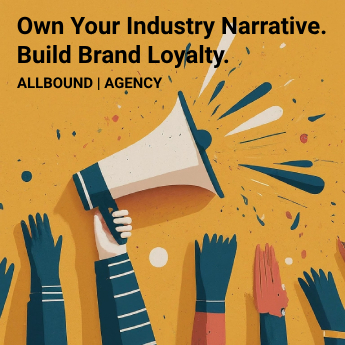The pervasive power of marketing, especially in the beauty sector, has often left consumers wondering the actual effectiveness of the myriad of products being offered. This piece from The Cut seeks to examine the influences of marketing, focusing on how even smart buyers can fall for beauty marketing ploys. The article mentions the susceptibility of consumers to popular K-beauty trends, such as snail mucin, prompting not only purchase but also potential skin irritations.
Limited and biased studies into the positive effects of ingredients like snail mucin can lead to uncritical acceptance by many consumers. Encouraging such susceptibility is the phenomenon of pseudoscience, long characteristic of beauty culture. It allows marketers to push almost any claim, leading to endless loops of questions from confused consumers about whether specific products “work”.
Such susceptibility, the article argues, is a result of the pervasive influence of marketing on cultural trends. Marketing often results in a feeling of competitiveness, discontent, and confusion. These influence everyday decisions, from the food we eat to our travel destinations, and could reduce our ability to appreciate what is immediately available to us.
In the field of beauty marketing, the author advises a minimalist approach. Using fewer products often leads to healthier skin unless a medical condition warrants otherwise. She emphasizes the importance of sunscreen, given that around 90% of skin aging is due to sun exposure. She also established the proven effects of vitamin A-derivative retinoids for skin health.

